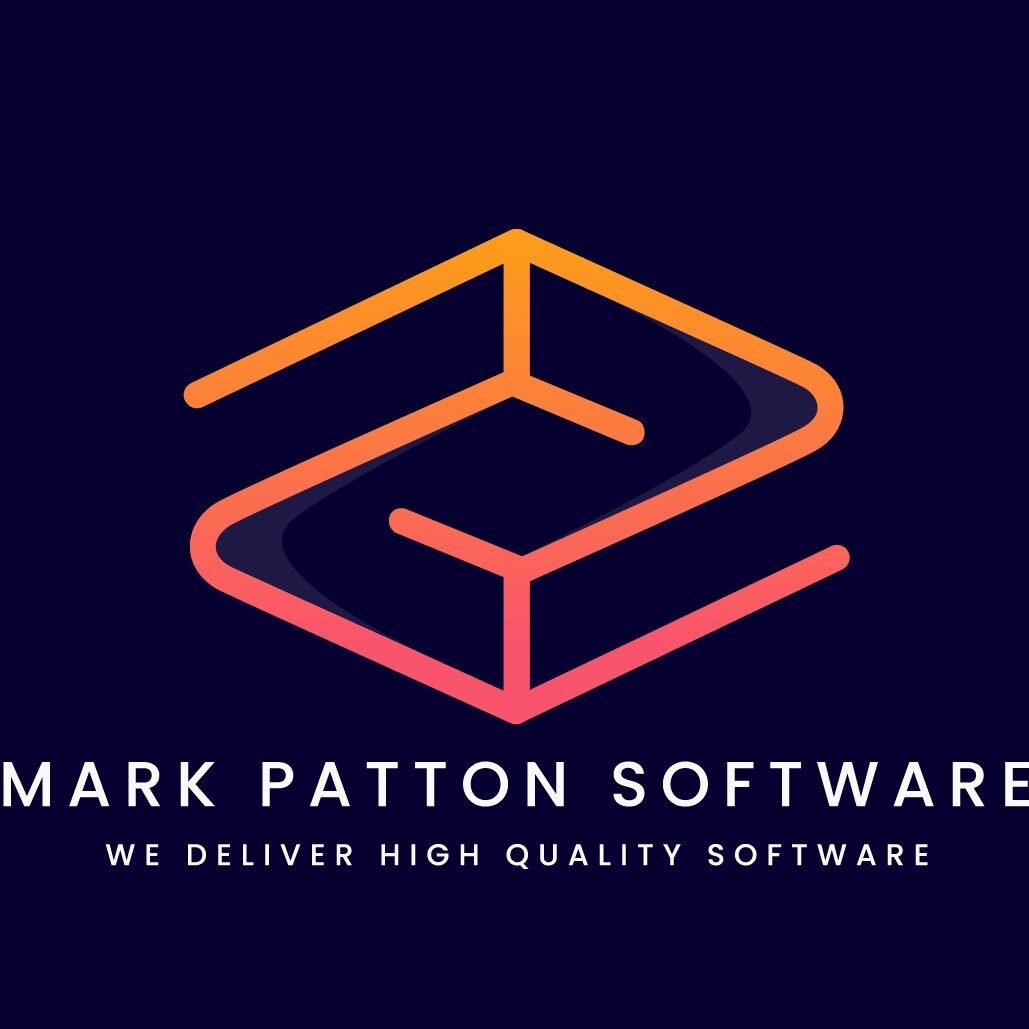In today’s digital age, software development has become the cornerstone of innovation, powering everything from the apps on our smartphones to the tools that drive businesses. If you’re a beginner intrigued by the world of software development, you’re in the right place. This comprehensive guide will take you on a journey through the fundamental concepts, methodologies, and tools that make up the landscape of software development.
Understanding Software Development
Software development is the process of designing, creating, testing, and maintaining software applications or systems. These applications can range from mobile apps and web platforms to complex enterprise solutions. At its core, software development is about translating ideas into functional and user-friendly programs.
Key Concepts for Beginners
- Programming Languages: Programming languages are the foundation of software development. Languages like Python, JavaScript, Java, and C++ provide the syntax and structure to write code that computers can understand.
- Front-End and Back-End Development: Front-end development focuses on creating the user interface and experience, while back-end development handles the server-side logic, databases, and performance optimization.
- Full Stack Development: Full stack developers are proficient in both front-end and back-end development, allowing them to build entire applications from start to finish.
- Version Control: Version control systems like Git help developers track changes to their code, collaborate with teams, and revert to previous versions if needed.
- Agile Methodology: Agile is a project management approach that emphasizes collaboration, flexibility, and iterative development, ensuring that software evolves based on user feedback.
- DevOps: DevOps promotes seamless collaboration between development and IT operations teams, leading to faster development cycles and more reliable software.
- Testing and QA: Testing ensures that software functions as intended. Quality assurance (QA) processes identify and fix bugs, enhancing the overall reliability and performance of the application.
Getting Started
- Choose a Programming Language: Start with a beginner-friendly programming language like Python or JavaScript. These languages offer extensive resources and vibrant communities to support your learning journey.
- Learn the Basics: Master the basics of your chosen language, including variables, data types, loops, and functions. Online platforms like Codecademy, Khan Academy, and freeCodeCamp offer interactive tutorials.
- Explore Front-End Development: Dive into HTML, CSS, and JavaScript to build simple web pages. This is an exciting way to see your code come to life on the browser.
- Understand Back-End Development: Learn about databases, server-side scripting, and APIs. Tools like Node.js and Django make it easier to get started with back-end development.
- Version Control: Familiarize yourself with Git and platforms like GitHub or GitLab. Create repositories, commit changes, and collaborate with others on projects.
- Projects and Practice: Apply your knowledge by building small projects. Start with simple to-do list apps and gradually move on to more complex applications.
Advanced Topics
As you progress, consider exploring more advanced concepts like:
- Frameworks and Libraries: Frameworks (e.g., React, Angular) and libraries (e.g., jQuery) streamline development and offer pre-built components.
- Database Management: Learn about different databases (SQL, NoSQL) and how to design efficient data structures.
- Security: Understand common security vulnerabilities and best practices to protect your applications from cyber threats.
- Cloud Computing: Explore cloud platforms like AWS, Azure, or Google Cloud to host and deploy your applications.
Conclusion
Embarking on a journey in software development is both exciting and rewarding. As a beginner, the key is to start small, remain curious, and be persistent. The world of software development offers endless opportunities to innovate, solve problems, and create applications that can impact millions of lives. Whether you’re building your first website or crafting intricate software solutions, remember that learning is a continuous process, and every line of code you write brings you closer to mastering this dynamic field.

